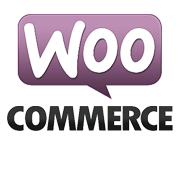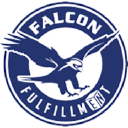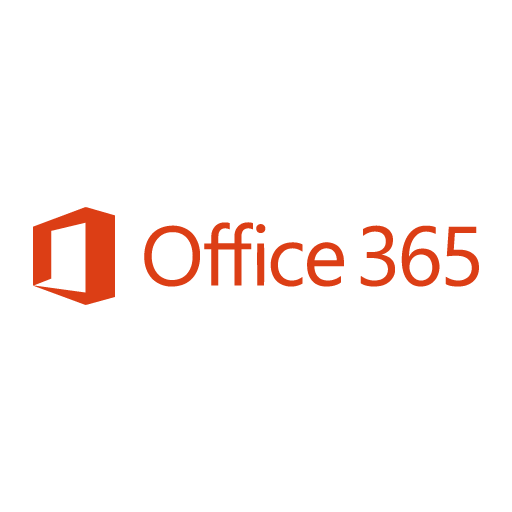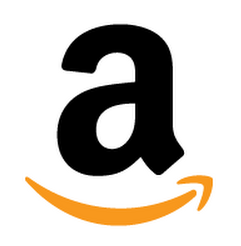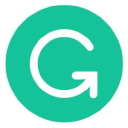How I Started A Seven-Figure Supplements Business
Hello! Who are you and what business did you start?
I’m Logan Christopher, co-founder, and CEO of Lost Empire Herbs. We’re an ecommerce business in the herbal supplement space. We specialize in high-quality herbs from across the world that help people in different aspects of health and performance, most notably hormone support.
As an example, our best selling product is Pine Pollen, which is literally the pollen of pine trees. It’s unique in that it contains phyto-androgens, including the exact same testosterone, DHEA and other hormones we humans have. This along with lots of vitamins, minerals, amino acids, and other components helps it to support our own hormone system. It works great for both men and women, especially the older crowd.
To us the “Lost Empire” is nature, that we modernized humans have largely got away from. The use of herbs (outside of a few culinary herbs that taste good) is a forgotten areas. And our health and well-being is suffering from it. So our mission is to bring back herbalism into the mainstream.
And it seems to be working! We’ve gone from starting the business on a table top...

